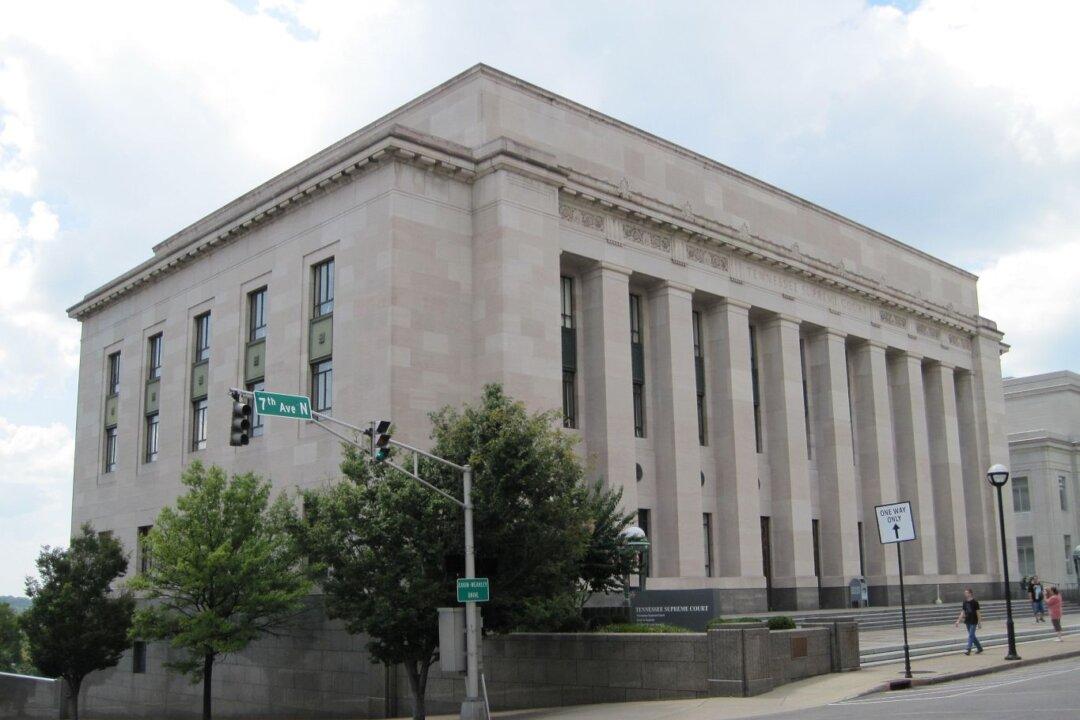The Tennessee Supreme Court has agreed to rehear oral arguments two months from now in a challenge to a state school voucher program, after a justice on the panel died before the court could render its judgment in the case.
The rescheduling comes as the U.S. Supreme Court has become increasingly receptive to school choice programs designed to allow poor students to escape failing government-run schools.





